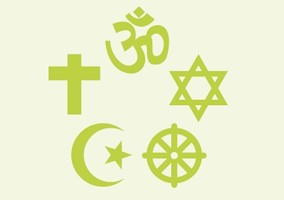Donors to British Muslim charities have raised concerns about the diversity of leaders in the sector in response to a new survey.
The British Muslims Charitable Giving Report also found that most donors believe Islamic charities should focus less on short-term projects, such as responding to disasters.
Written by the Muslim Charities Forum (MCF), the report recommends that British Muslim charities should be more forthcoming about their administrative costs and be “confident in being able to raise funds directly for this”.
It also recommended that British Muslim charities should do more to ensure that a higher proportion of their donors have sufficient knowledge of compulsory donation zakat, with two-thirds of respondents saying they had a good understanding of the difference between it and the voluntary sadaqah.
Diversity
Most respondents (54%) agreed with the statement “leadership and management within Muslim charities is not diverse enough (age, gender, ethnicity)”, with 23% strongly agreeing.
An MCF report last year found that 45% of the leadership of Muslim Led charities delivering UK focused social action were women, while 16% are run by leaders from outside the Muslim community.
But UK Muslim international development charities are “mainly male-led”, MCF told Civil Society, despite employing a large number of female employees.
Fadi Itani, chief executive of the MCF, said that more young, female candidates had moved into senior positions at British Muslim NGOs in recent years and that it was a focus of his organisation.
A majority of respondents (67%) also agreed that Muslim charities “focus too much on the short-term (eg disaster alleviation)” and that they “should do more to help the needy become self-sufficient in the long-term, even if it costs more”, with 23% strongly agreeing.
Itani said: “Hence Muslim charities serve a wide range of people around the world, its leadership should be pulled from across the Muslim diaspora communities, leveraging the very diverse and skilled in the community for these positions.”
Some 249 people responded to MCF’s survey across two waves during Ramadan in 2021 and 2022.
Related Articles










